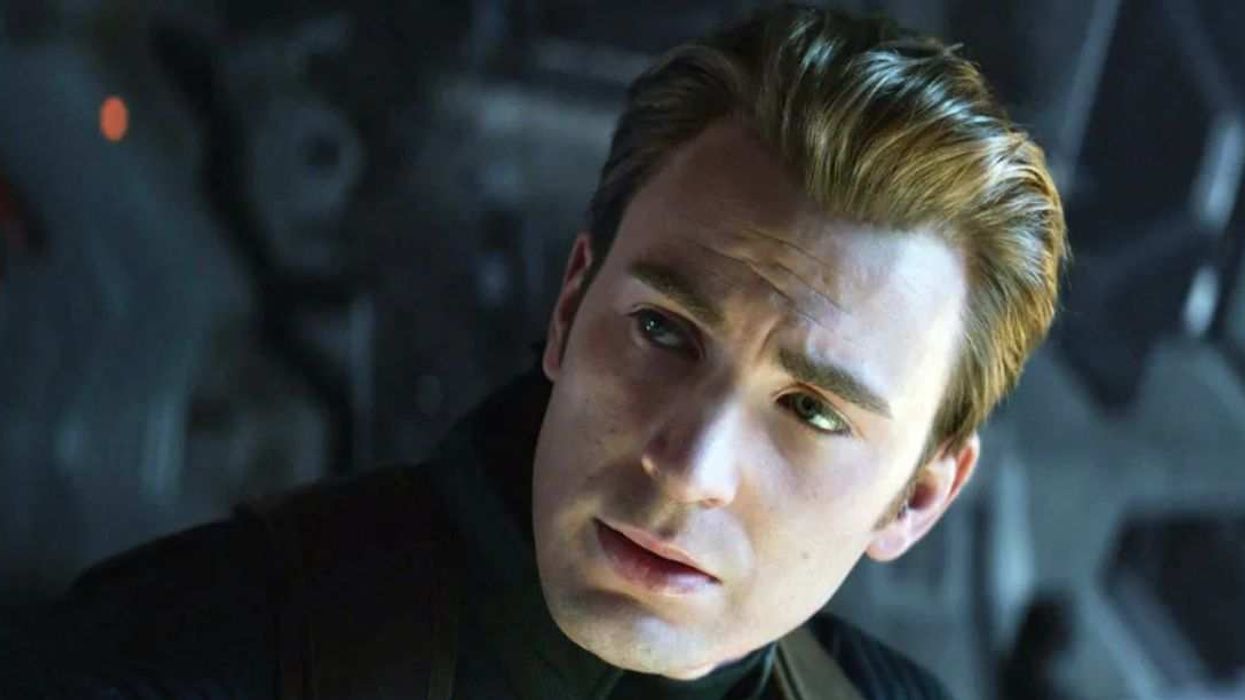During a speech at the Human Rights Campaign—an LGBTQ advocacy organization—annual dinner, Vice President Joe Biden spoke about an agreement he had with President Barack Obama.
In January 2017, after turning over the reins of the nation to their successors—President Donald Trump and Vice President Mike Pence—the men decided to give the new administration a chance to establish itself before making any public statements about their performance.
Biden stated:
"Barack and I agreed to remain silent for a while to give this administration a chance to get up and running the first year."
"God forgive me."
By that August, Biden decided he could remain silent no longer.
August 11-12, 2017 marked the dates of the Unite the Right rally in Charlottesville, Virginia. During the demonstration of the Ku Klux Klan, neo-Nazis and other alt-right and white supremacist organizations, a man—with ties to the organizations leading the rally—drove a car into a crowd of counter-protestors, murdering Heather Heyer and injuring 19 others.
A year later, many people took to Twitter to share images from the previous year while the organizers hoped to mount two commemorative rallies—one in Charlottesville and another in Washington DC. Unlike the first Unite the Right rally attended by several hundred or around 1,000 depending on the source, only a few dozen people turned out and left most of their white supremacist symbols at home.
Biden clearly regretted not speaking out sooner. During his speech, he said:
"We have leaders who at the time when that occurred, when these guys were accompanied by white supremacists and Ku Klux Klan ... making a comparison saying there are good people in both groups. What has become of us? Our children are listening. Our silence is complicity."
By the end of August 2017, Biden wrote a piece for The Atlantic to address what happened and what those opposed to bigotry should do. He also called out President Trump for his reaction. In that piece, Biden stated:
"We have fought this battle [against bigotry] before—but today we have a special challenge."
"Today we have an American president who has publicly proclaimed a moral equivalency between neo-Nazis and Klansmen and those who would oppose their venom and hate."
"We have an American president who has emboldened white supremacists with messages of comfort and support."
"This is a moment for this nation to declare what the president can’t with any clarity, consistency, or conviction: There is no place for these hate groups in America. Hatred of blacks, Jews, immigrants—all who are seen as 'the other'—won’t be accepted or tolerated or given safe harbor anywhere in this nation."
President Trump took a great deal of criticism—except from white supremacists—for his remarks and actions following Charlottesville's Unite the Right rally and the death and violence.
Trump made an initial statement from his golf course in New Jersey on the Saturday of the rally, saying "we condemn in the strongest possible terms this egregious display of hatred, bigotry and violence on many sides, on many sides." In failing to condemn racism or white supremacy and shifting blame to the victims, the President angered many.
So on Monday, the President read a scripted speech from teleprompters. In it he stated, "Racism is evil. And those who cause violence in its name are criminals and thugs, including the K.K.K., neo-Nazis, white supremacists and other hate groups that are repugnant to everything we hold dear as Americans."
However, according to Bob Woodward's book, Fear: Trump in the White House, the President called the speech "the biggest fucking mistake I've made" and the "worst speech I've ever given." So on Tuesday, Trump backtracked on his condemnation of racism and white supremacy while speaking to reporters at Trump Tower in New York.
And again at an Arizona rally on August 22, Trump defended the Unite the Right rally organizers and participants. Referring to the counter-protesters, Trump used a frequent alt-right talking point and stated:
"They're trying to take away our culture, they're trying to take away our history."
While Obama also began to speak out after Charlottesville, he did so with calls for action by those who oppose bigotry without naming Trump. That is until September 2018 when he also took the President to task for his actions after Charlottesville.
In a speech at the University of Illinois at Urbana-Champaign, Obama said:
"We’re supposed to stand up to discrimination, and we’re sure as heck supposed to stand up clearly and unequivocally to Nazi sympathizers. How hard can that be, saying that Nazis are bad?"
Watch Biden's full speech here.



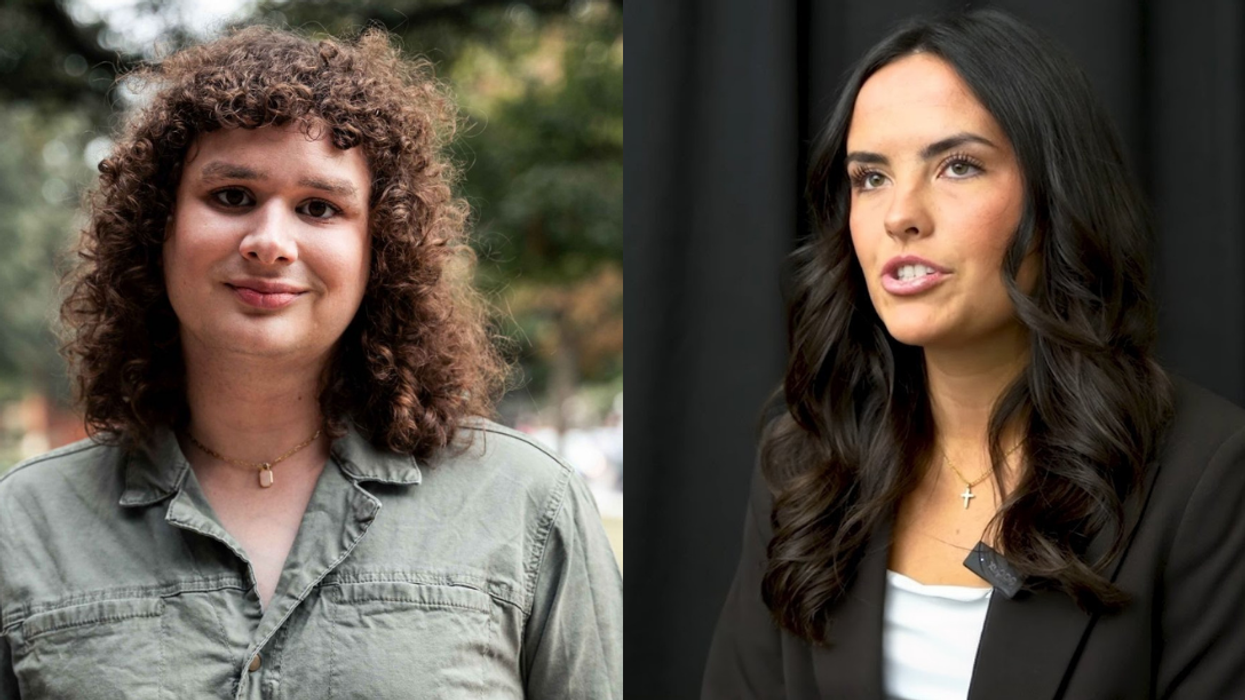
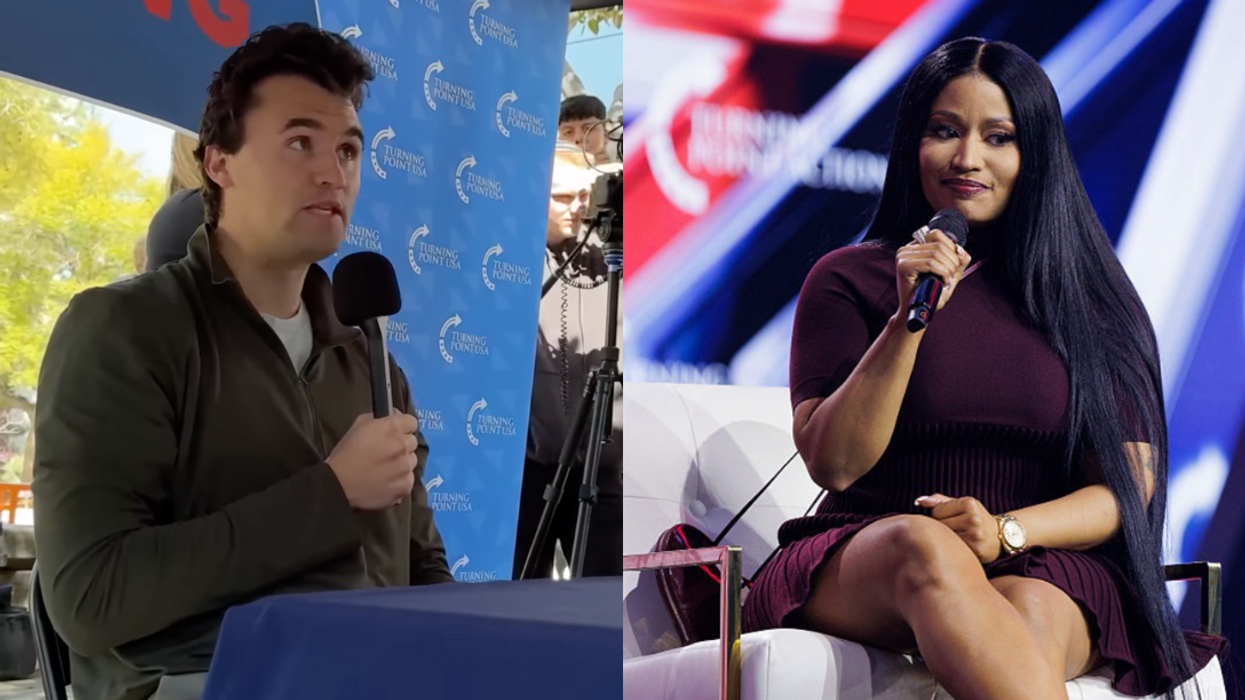
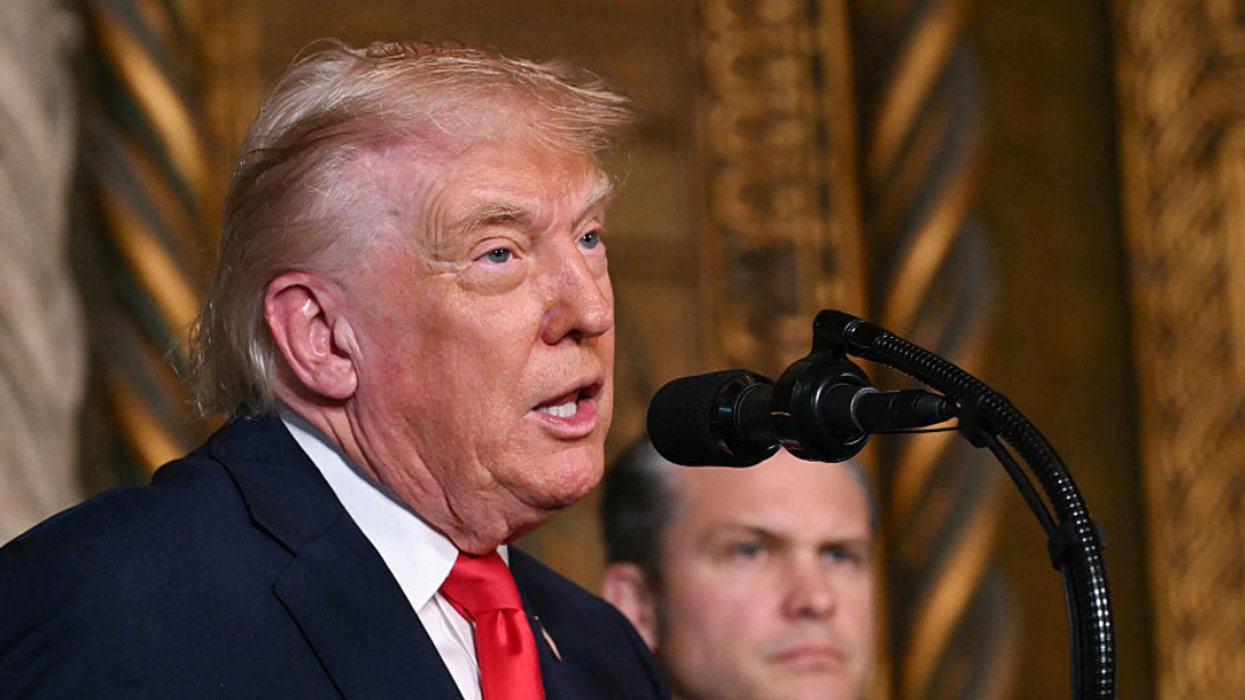
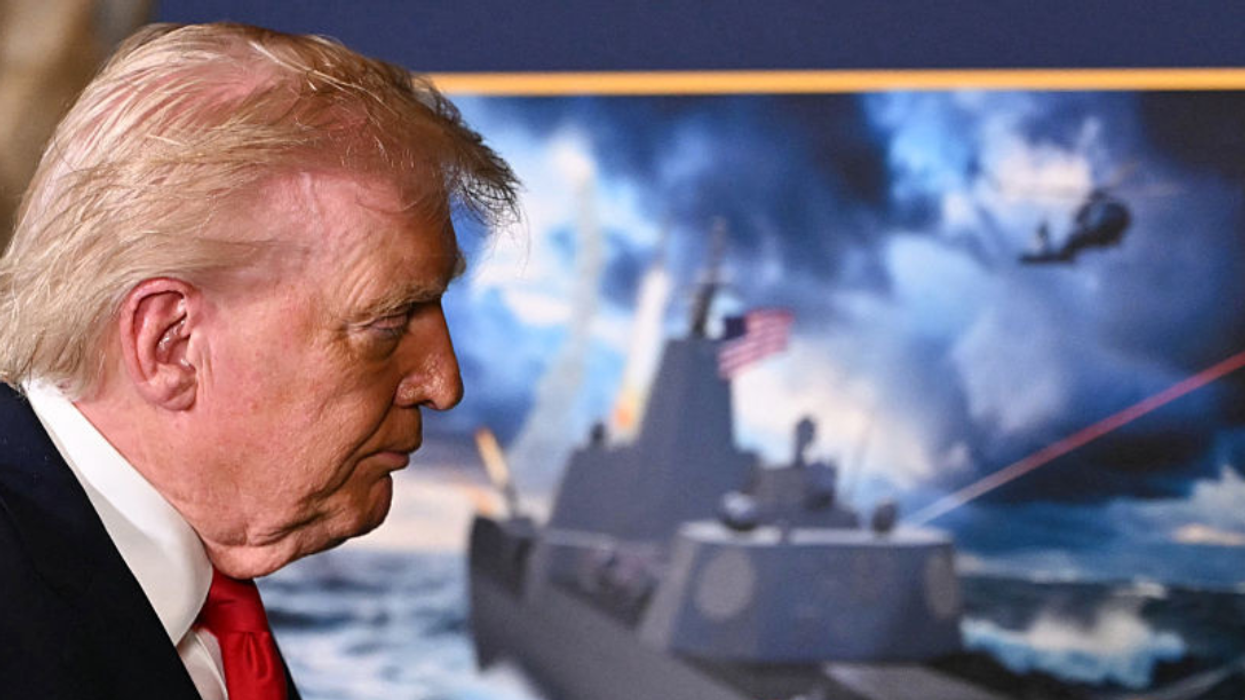
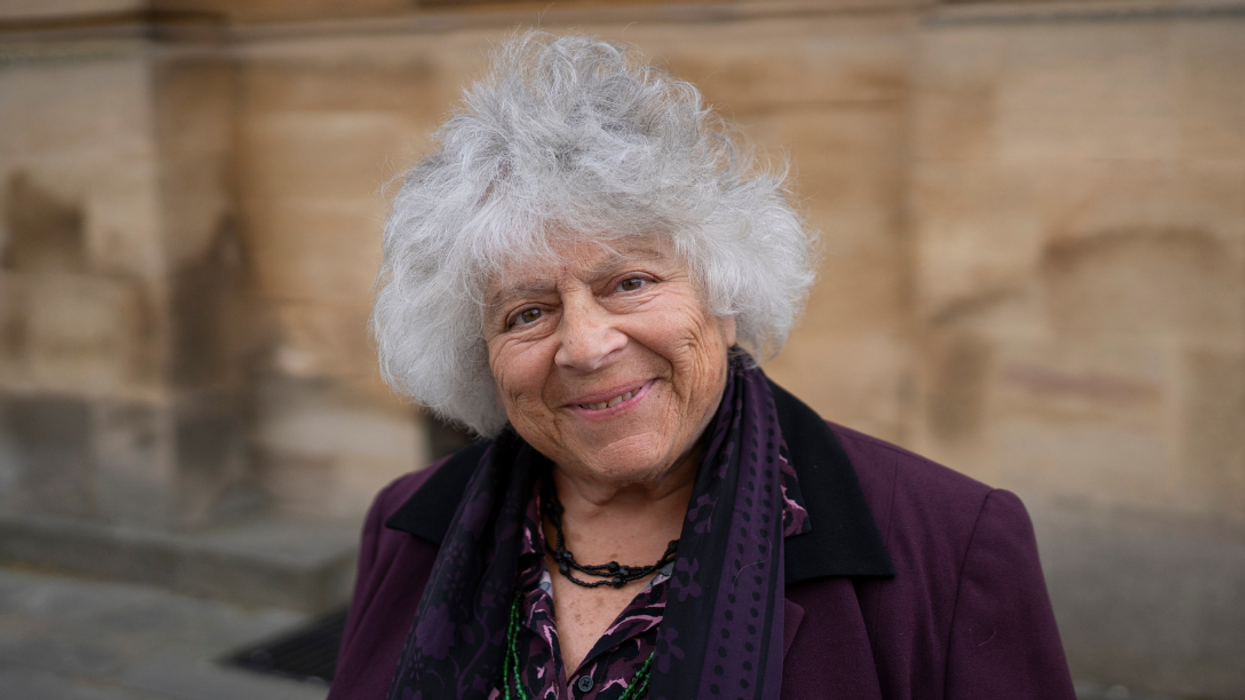
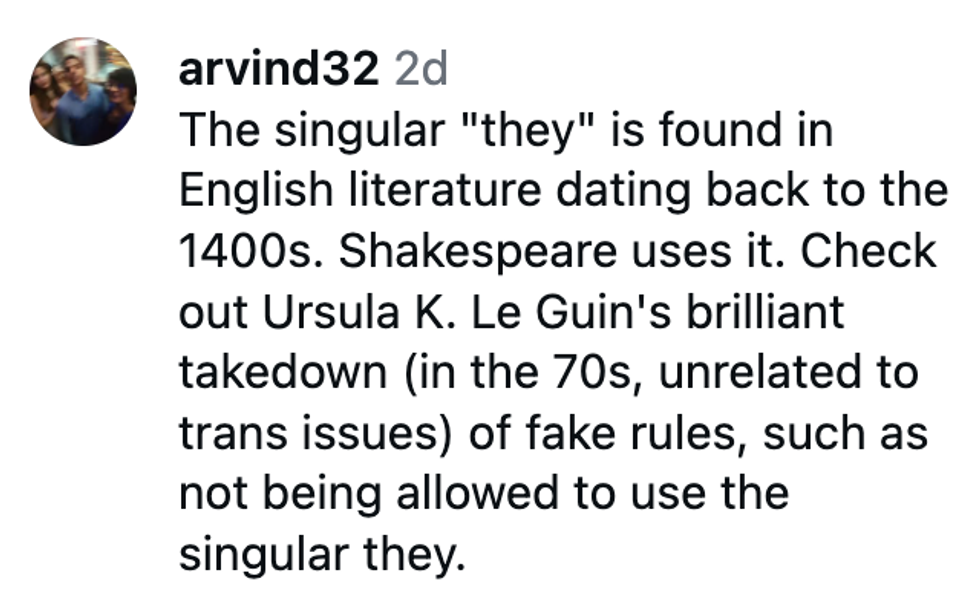
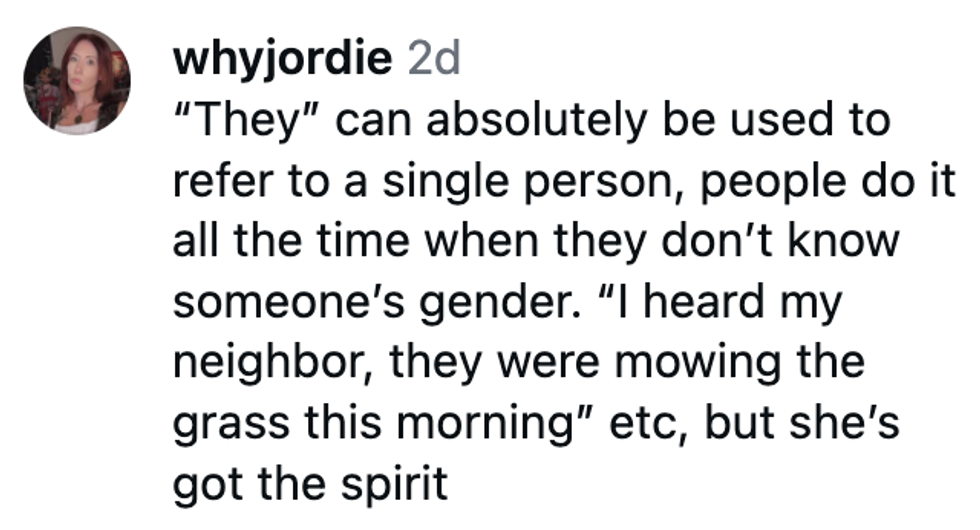

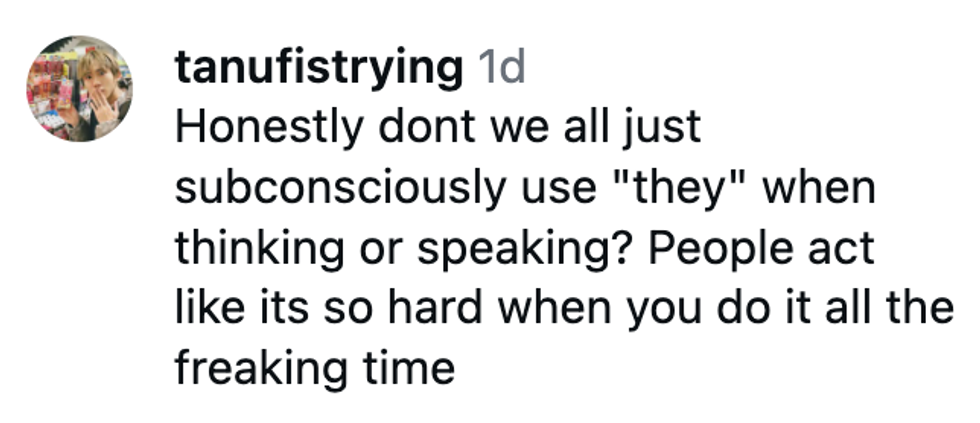
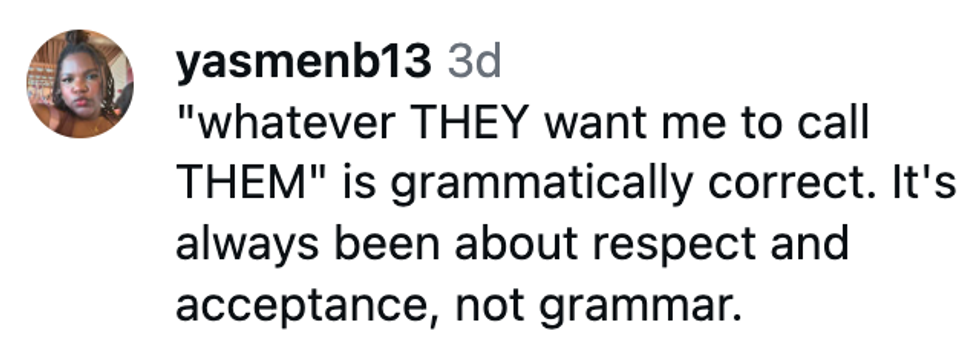

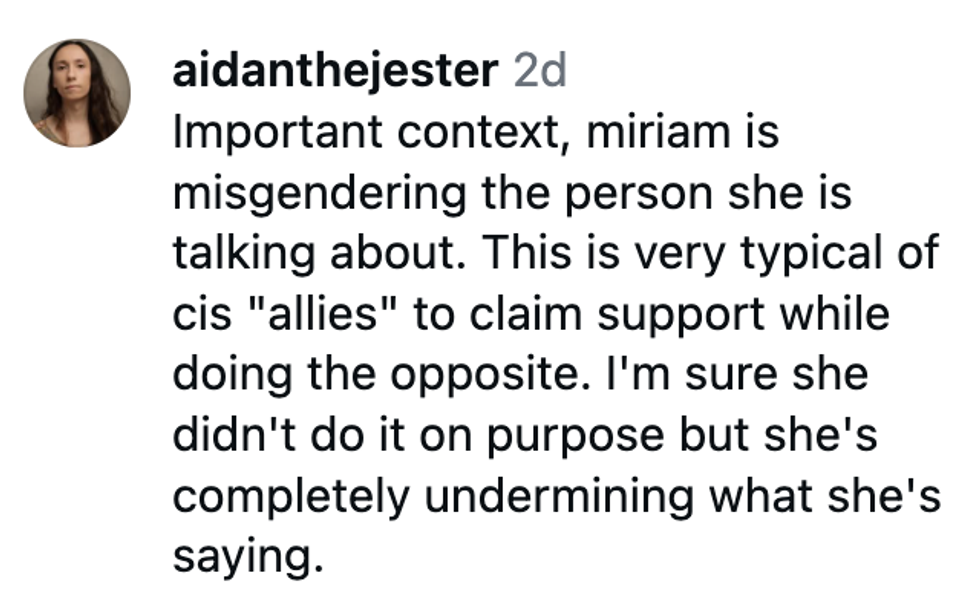






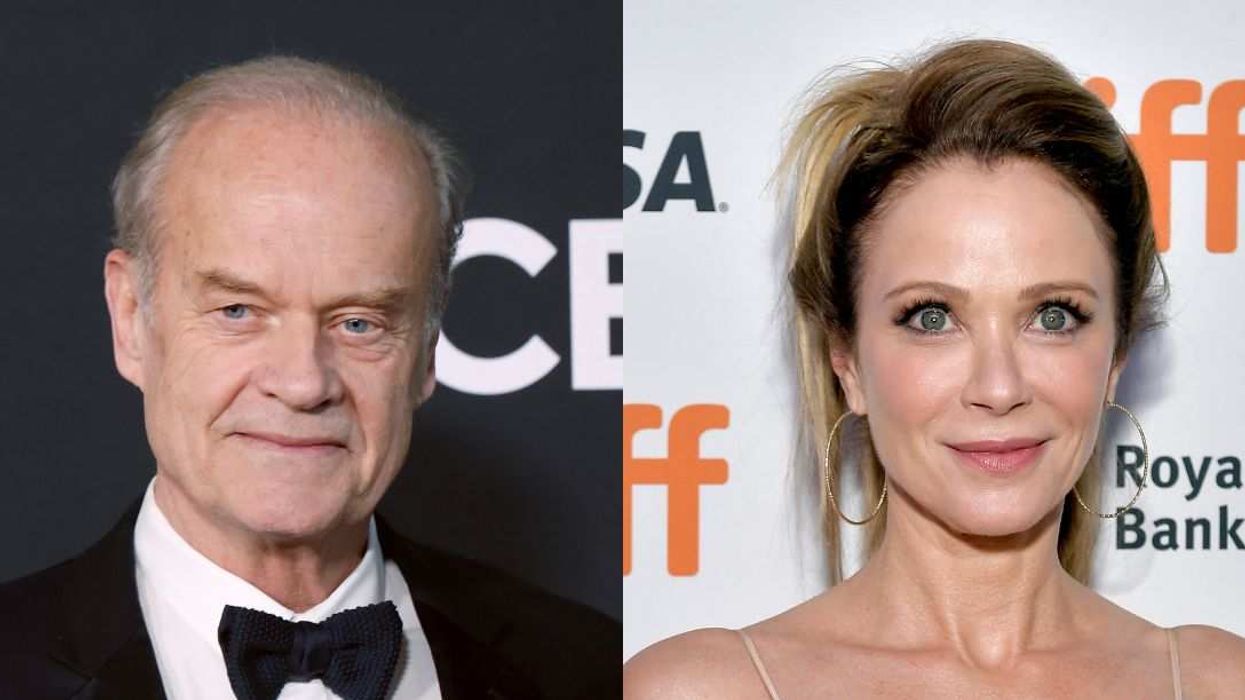
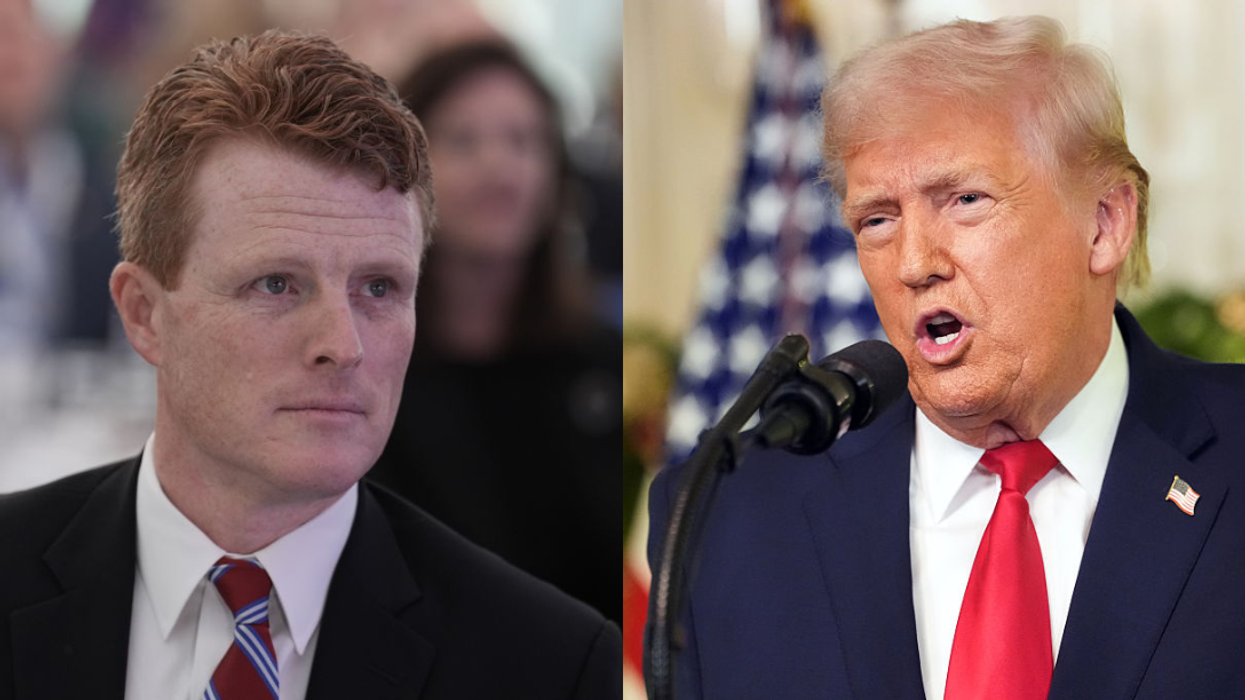
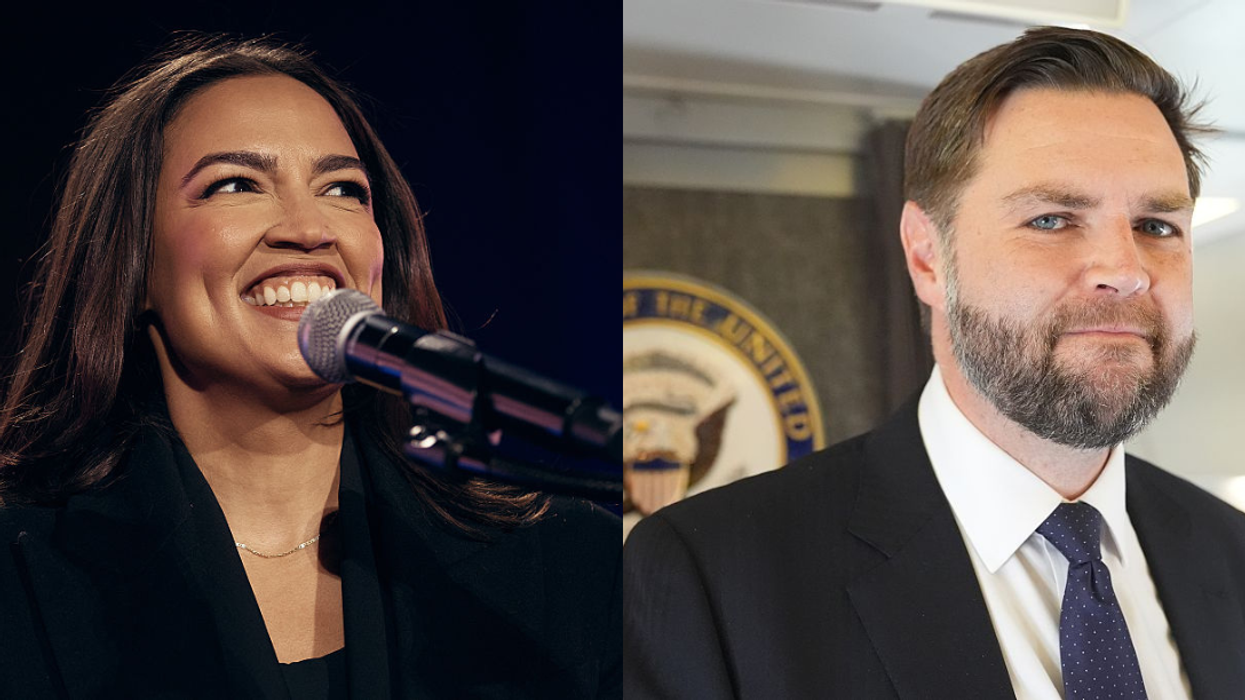
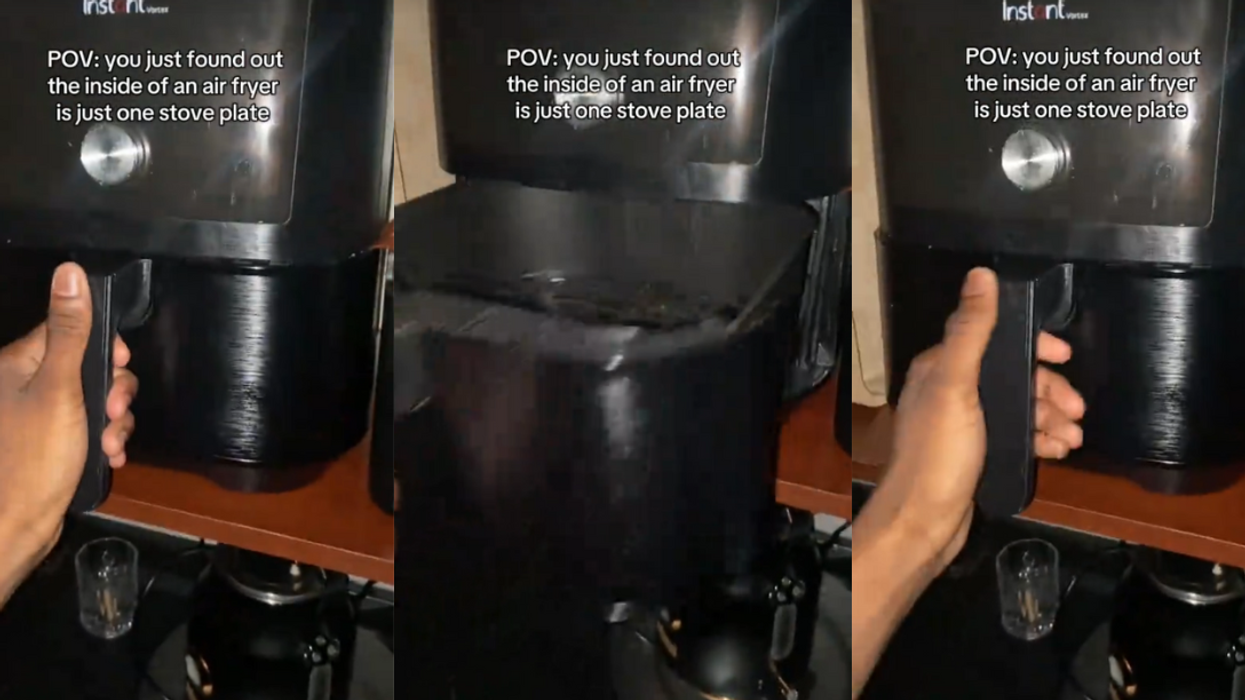
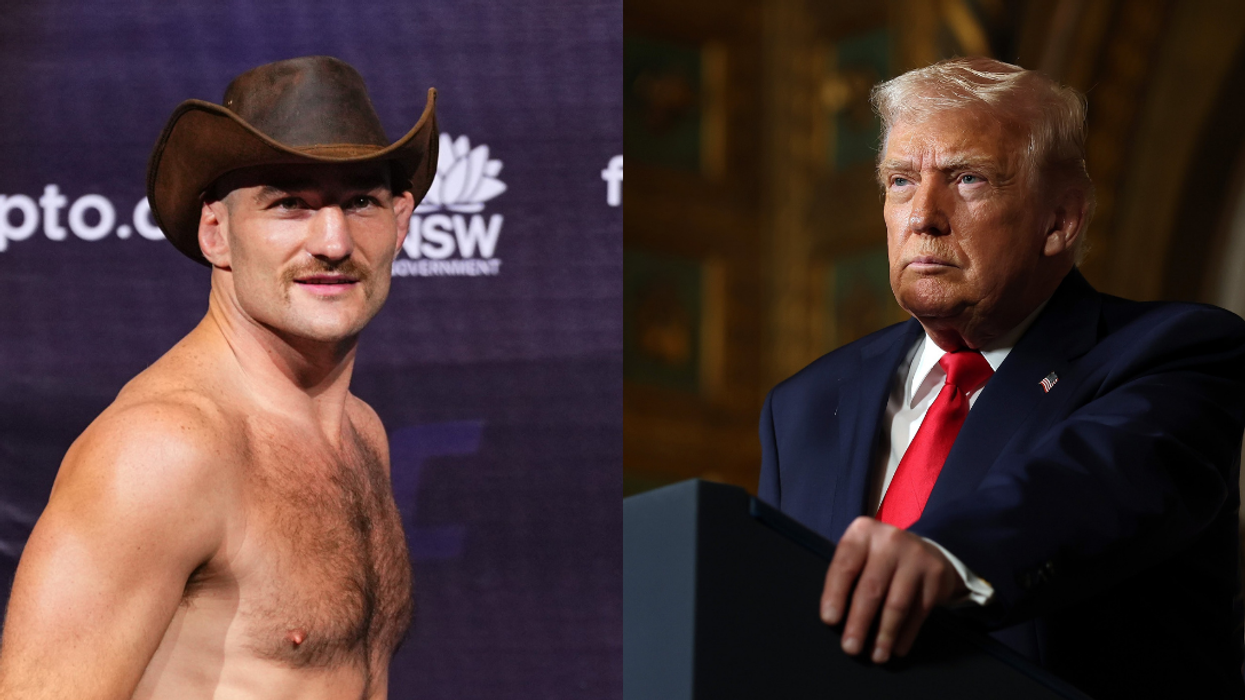
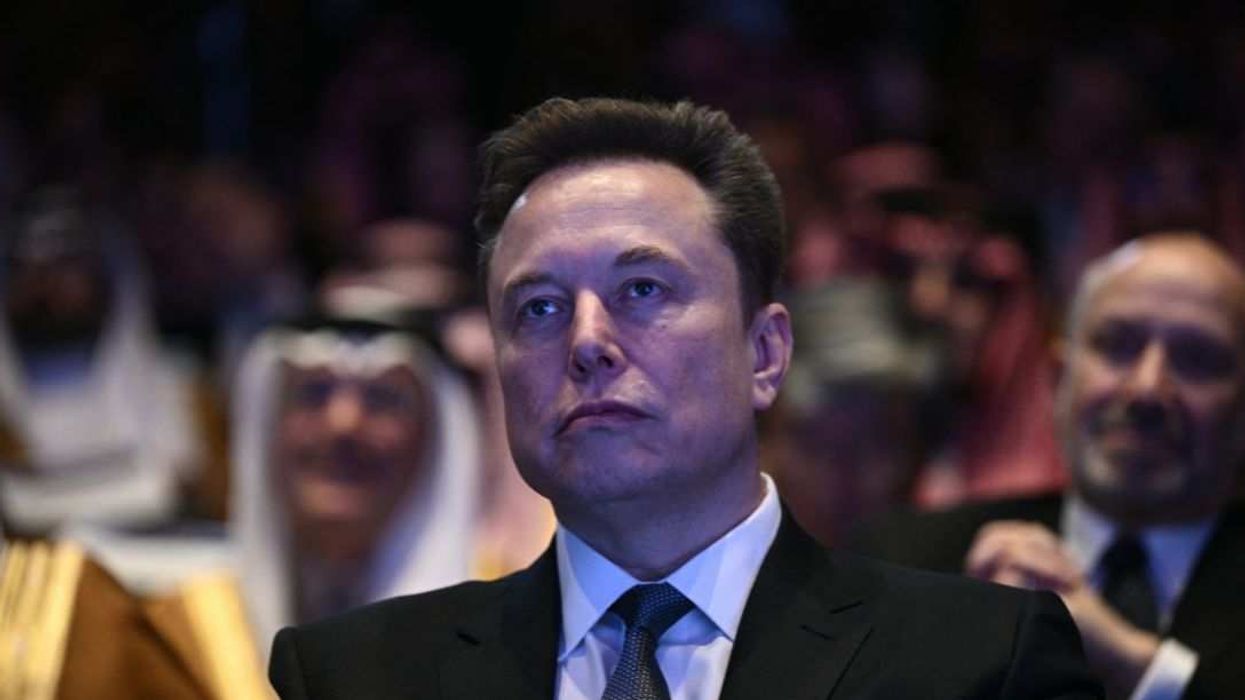
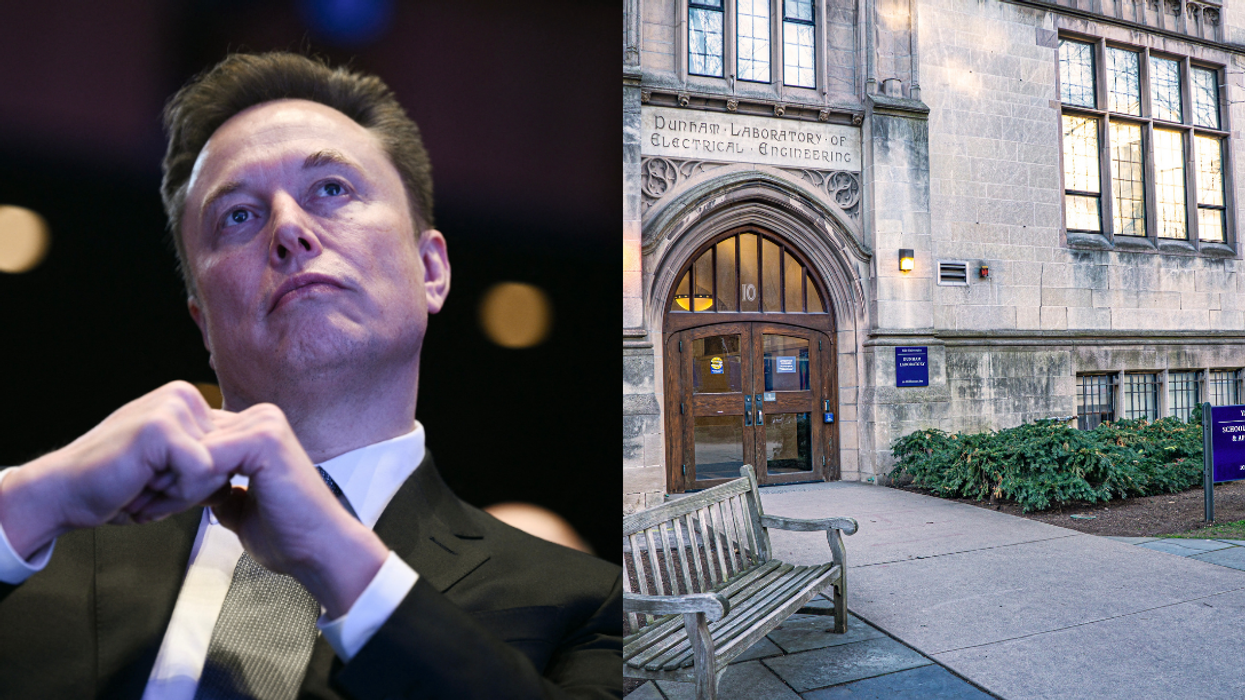
 replying to @elonmusk/X
replying to @elonmusk/X replying to @elonmusk/X
replying to @elonmusk/X replying to @elonmusk/X
replying to @elonmusk/X replying to @elonmusk/X
replying to @elonmusk/X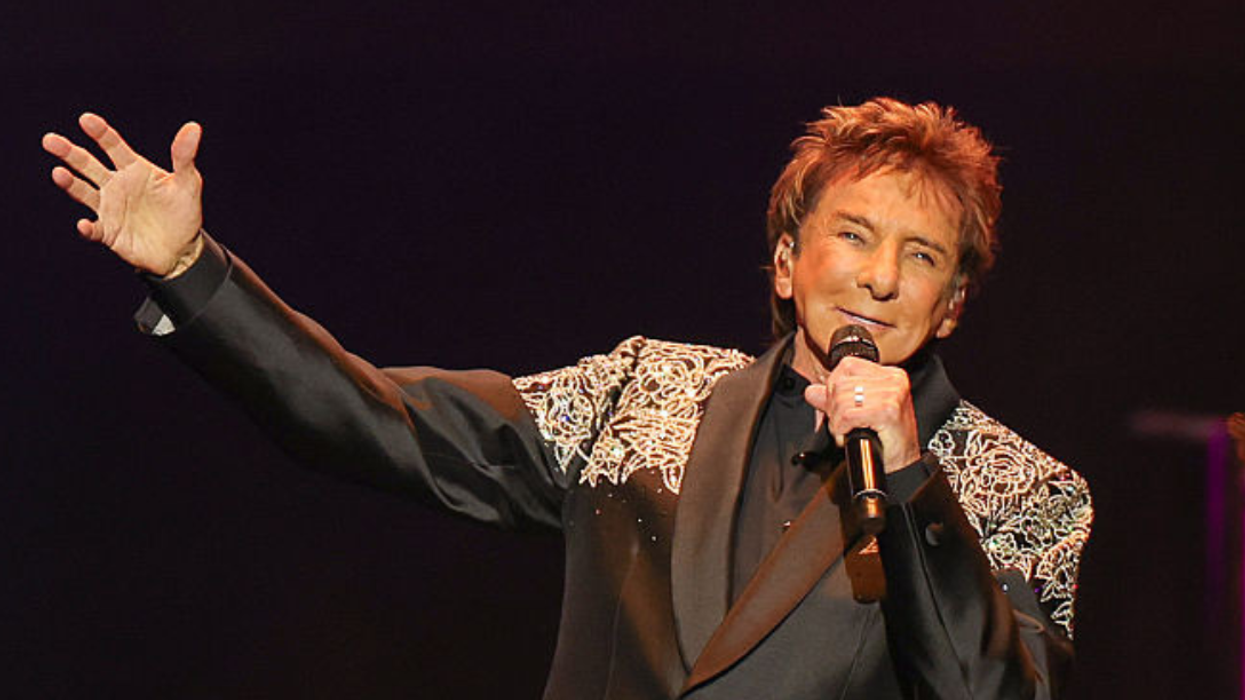
 Barry Manilow/Facebook
Barry Manilow/Facebook Barry Manilow/Facebook
Barry Manilow/Facebook Barry Manilow/Facebook
Barry Manilow/Facebook Barry Manilow/Facebook
Barry Manilow/Facebook Barry Manilow/Facebook
Barry Manilow/Facebook Barry Manilow/Facebook
Barry Manilow/Facebook Barry Manilow/Facebook
Barry Manilow/Facebook Barry Manilow/Facebook
Barry Manilow/Facebook Barry Manilow/Facebook
Barry Manilow/Facebook Barry Manilow/Facebook
Barry Manilow/Facebook Barry Manilow/Facebook
Barry Manilow/Facebook